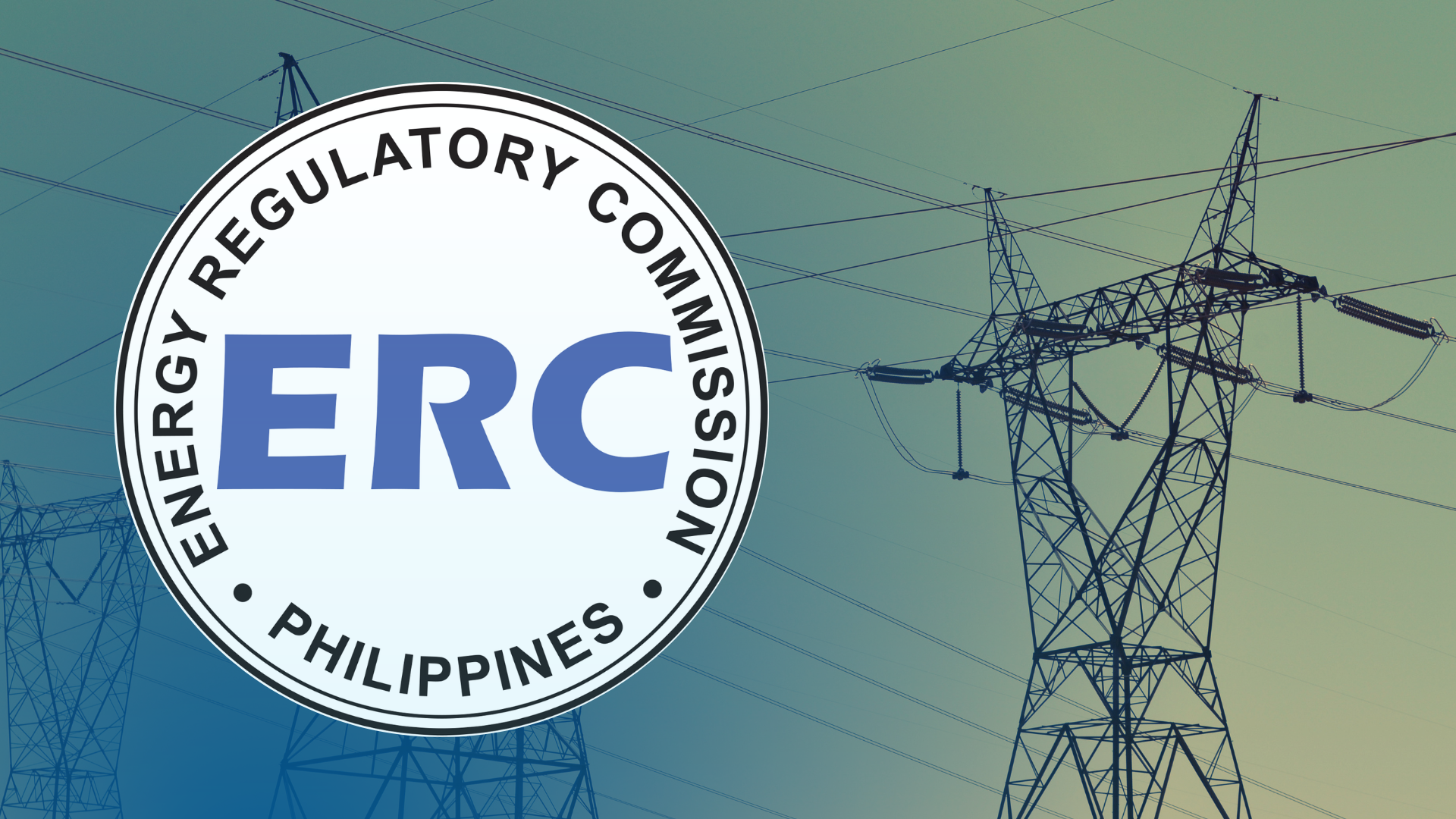MANILA, Philippines – The Energy Regulatory Commission (ERC) is set to review the $3.3-billion liquefied natural gas (LNG) deal forged by three of the country’s biggest power tycoons to assess its potential impact on prices paid by consumers.
ERC Chair Monalisa Dimalanta on Monday explained that while the Philippine Competition Commission (PCC) was mandated to review the merger, her office also wanted to know whether the agreement would affect any present and future power supply agreements entered into by distributor Manila Electric Co. (Meralco).
“We do not have any details yet on the deal apart from what appeared in news articles,” Dimalanta said. “We will review once we have more information, particularly as regards the results of recent CSPs (competitive selection process) of Meralco and pursuant to other mandates of the commission.”
Manuel Pangilinan-led Meralco PowerGen Corp. (MGen), Aboitiz Power Corp., and billionaire Ramon Ang’s San Miguel Global Power Holdings Corp. (SMGP) last week announced that they had agreed to jointly launch what they called the country’s “first and most expansive” LNG terminal.
READ: Three tycoons sign $3.3-billion energy deal
The facility is meant to support the Marcos administration’s push for more gas supply and ensure energy security for the country.
The ERC’s push for a review also comes after the agency joined forces with the PCC to create a joint task force that will “monitor and investigate allegations of anticompetitive practices in the power sector.”
It is a follow-through of a 2019 agreement between the two offices to conduct joint fact-finding inquiries meant to uncover anticompetitive behavior that may harm consumer welfare.
Affordability
Meanwhile, the Institute for Energy Economics and Financial Analysis (Ieefa) warned that the LNG deal “does not bode well for consumers or the affordability of power in the Philippines.”
“Less competition between major power market players may also dampen incentives to deliver the cheapest possible power,” Samuel Reynolds, Ieefa energy finance analyst, told the Inquirer in an email.
READ: $3.3-B LNG powerhouse starts equity revamp
The Philippines highly relies on LNG imports to power its existing gas-fired power plants in Batangas province.
However, LNG prices tend to be volatile, and these have historically caused a rise in electricity rates.
“These high and volatile fuel costs, combined with competition and legal requirements in the Philippines to deliver the lowest cost power to end-users, have limited the rapid buildout of LNG import terminals and power plants,” Reynolds said.
“This latest deal does not change these realities,” he added.
The Philippines presently has two LNG terminals: one owned and operated by global infrastructure firm Atlantic, Gulf & Pacific Co. through Linseed Field Power Corp., and another owned by Lopez family-led First Gen Corp.
READ: Natural gas supports uptake of RE, ensures stable power supply — DOE
Under their deal, MGen, AboitizPower and SMGP aim to invest in nearly 100 percent of the Linseed terminal.
The Department of Energy has so far approved seven LNG-related projects.


